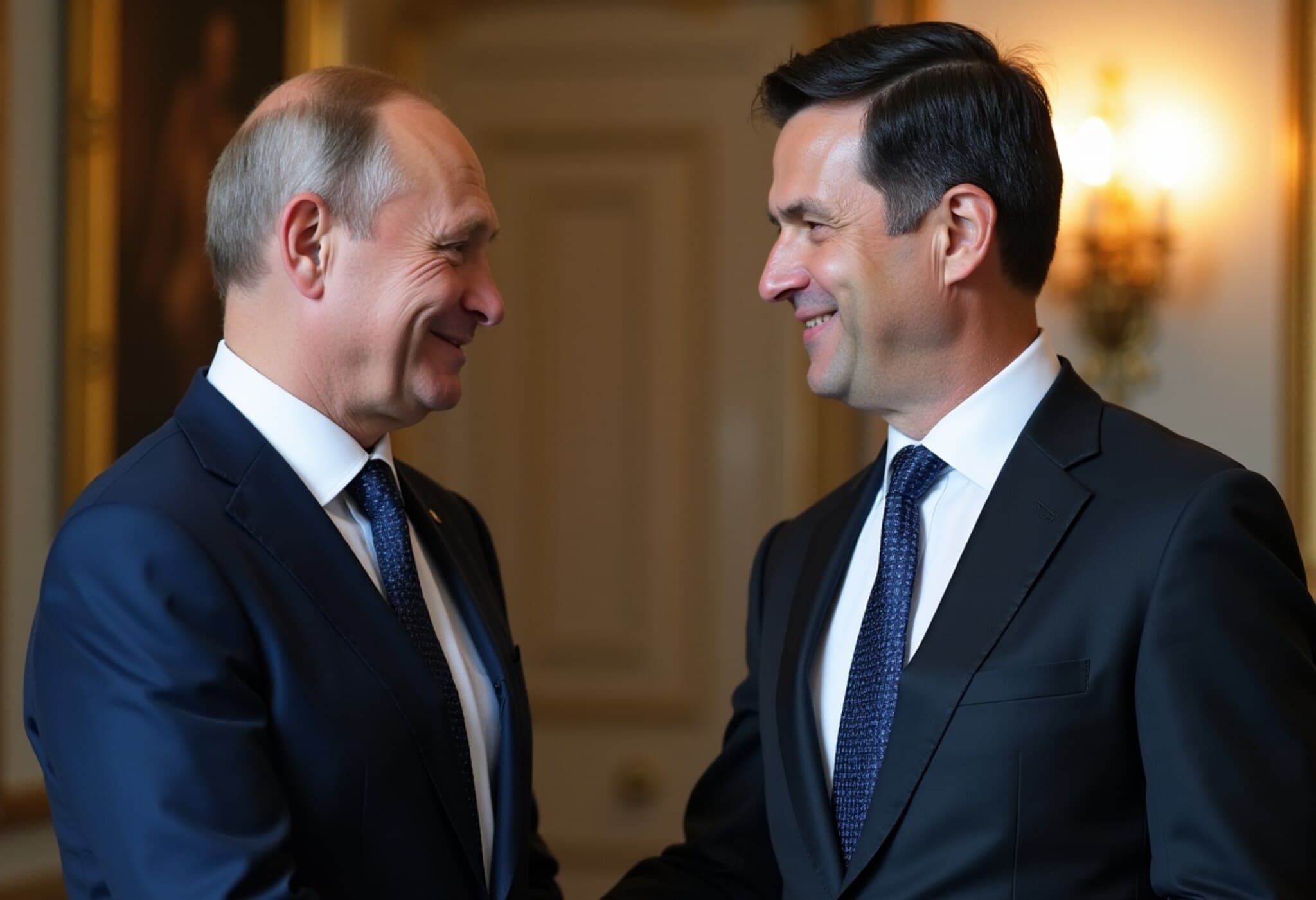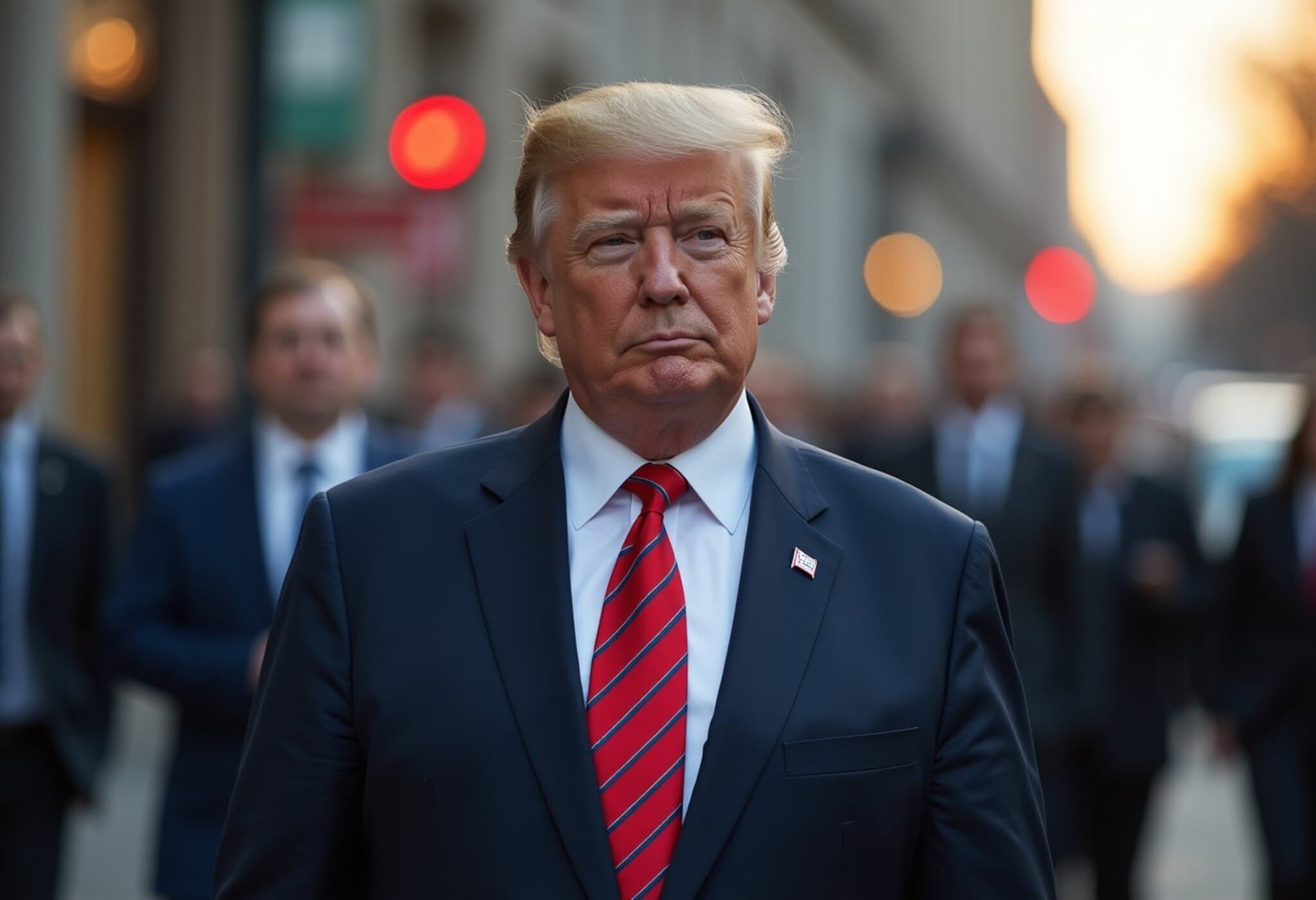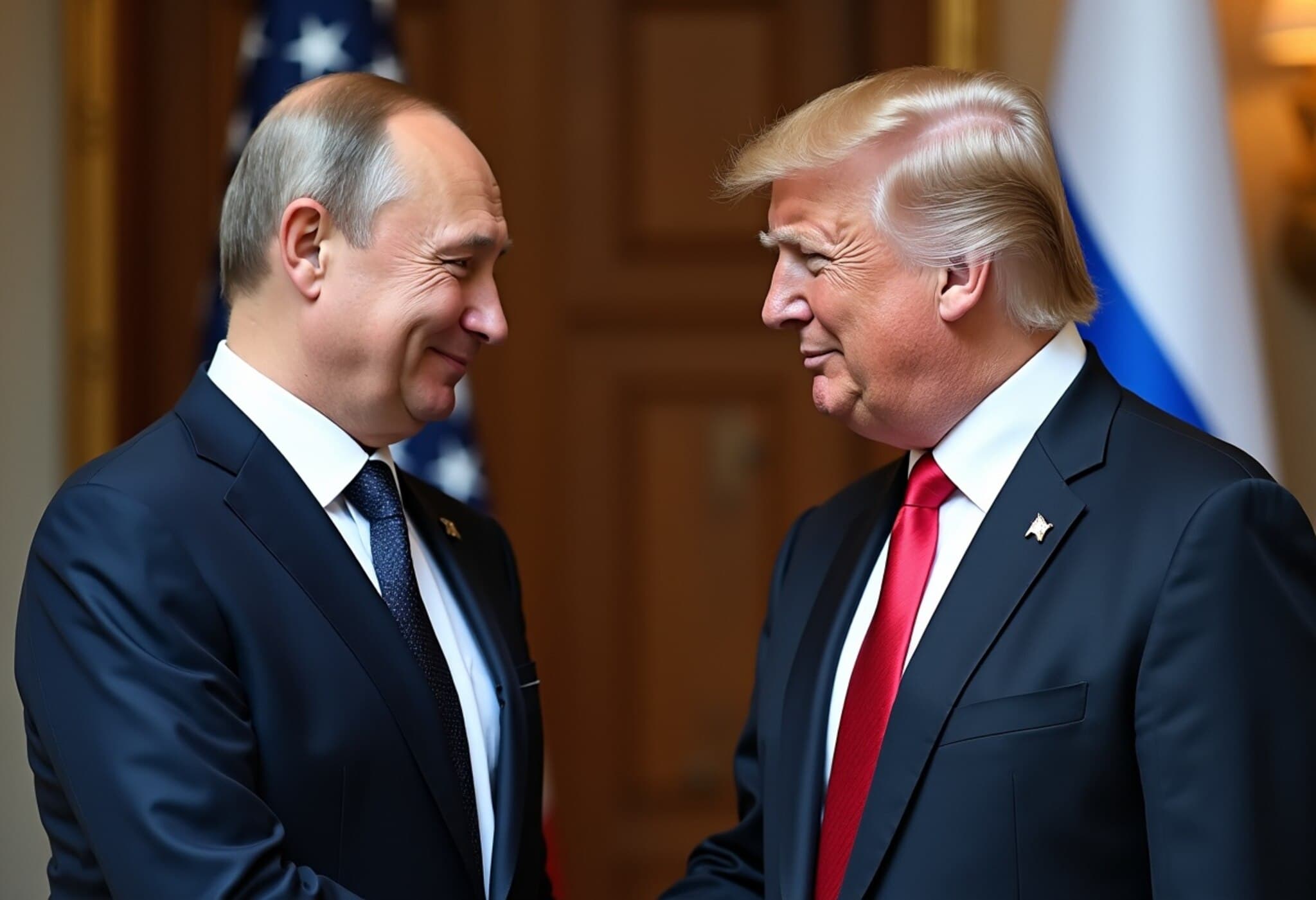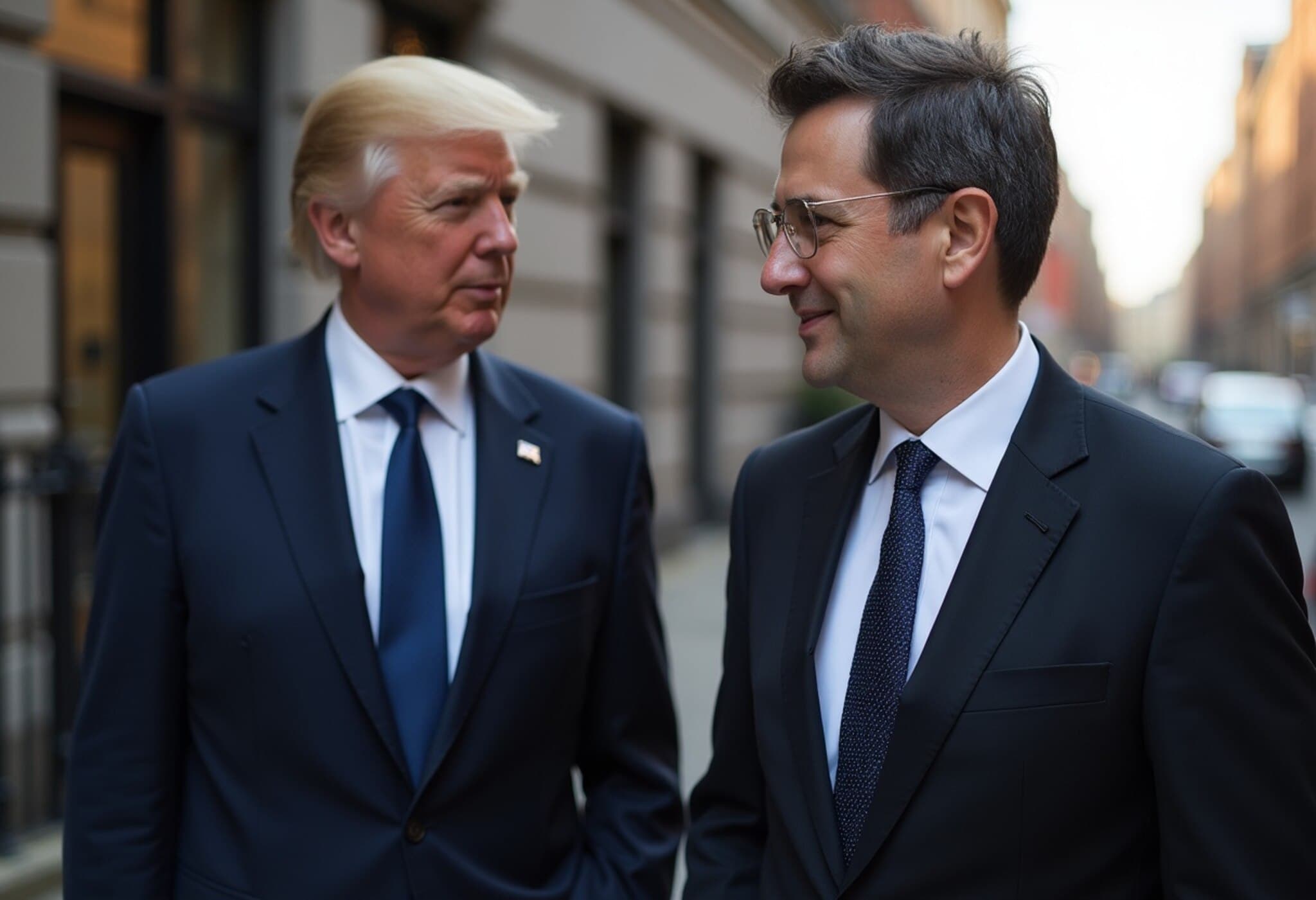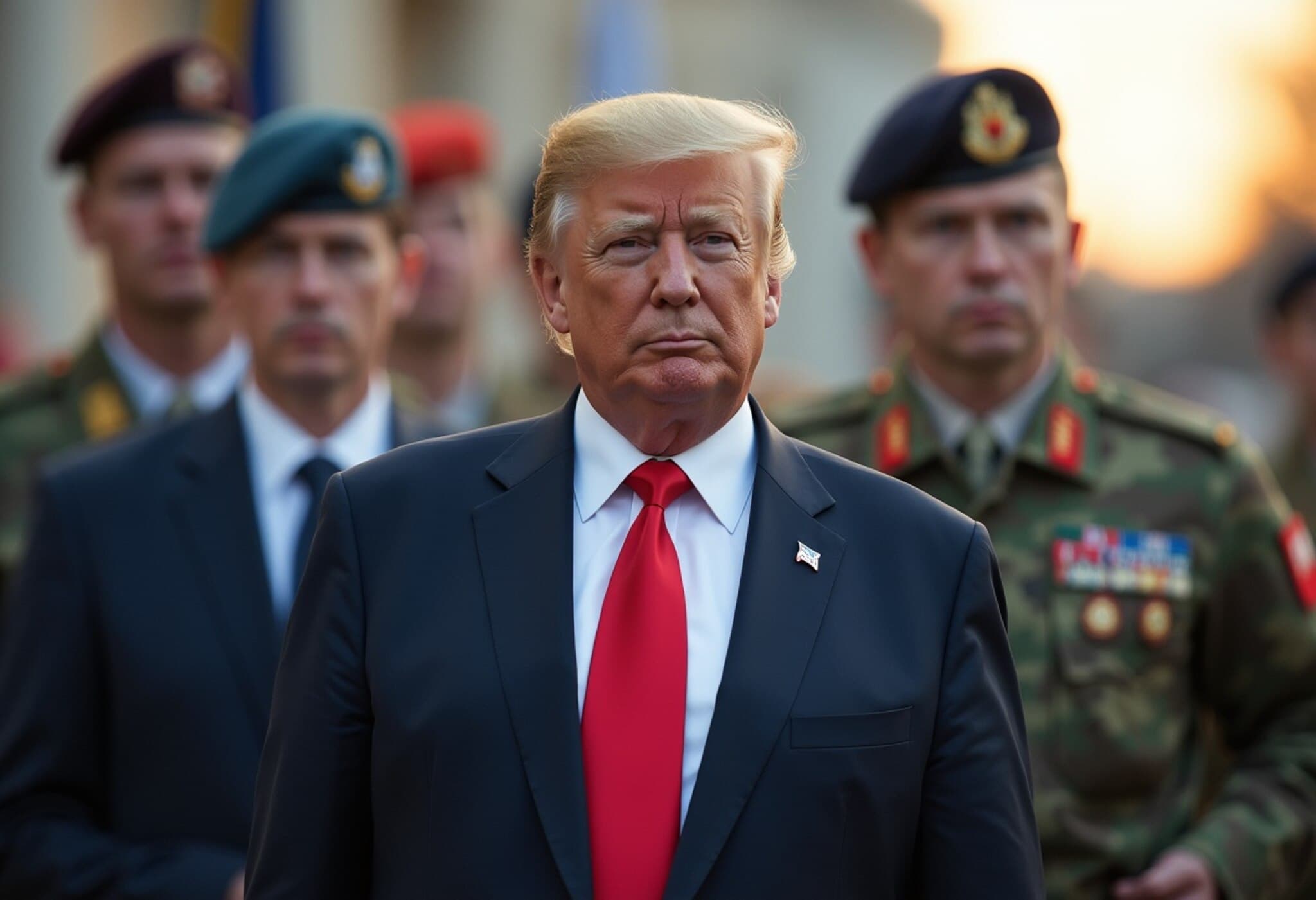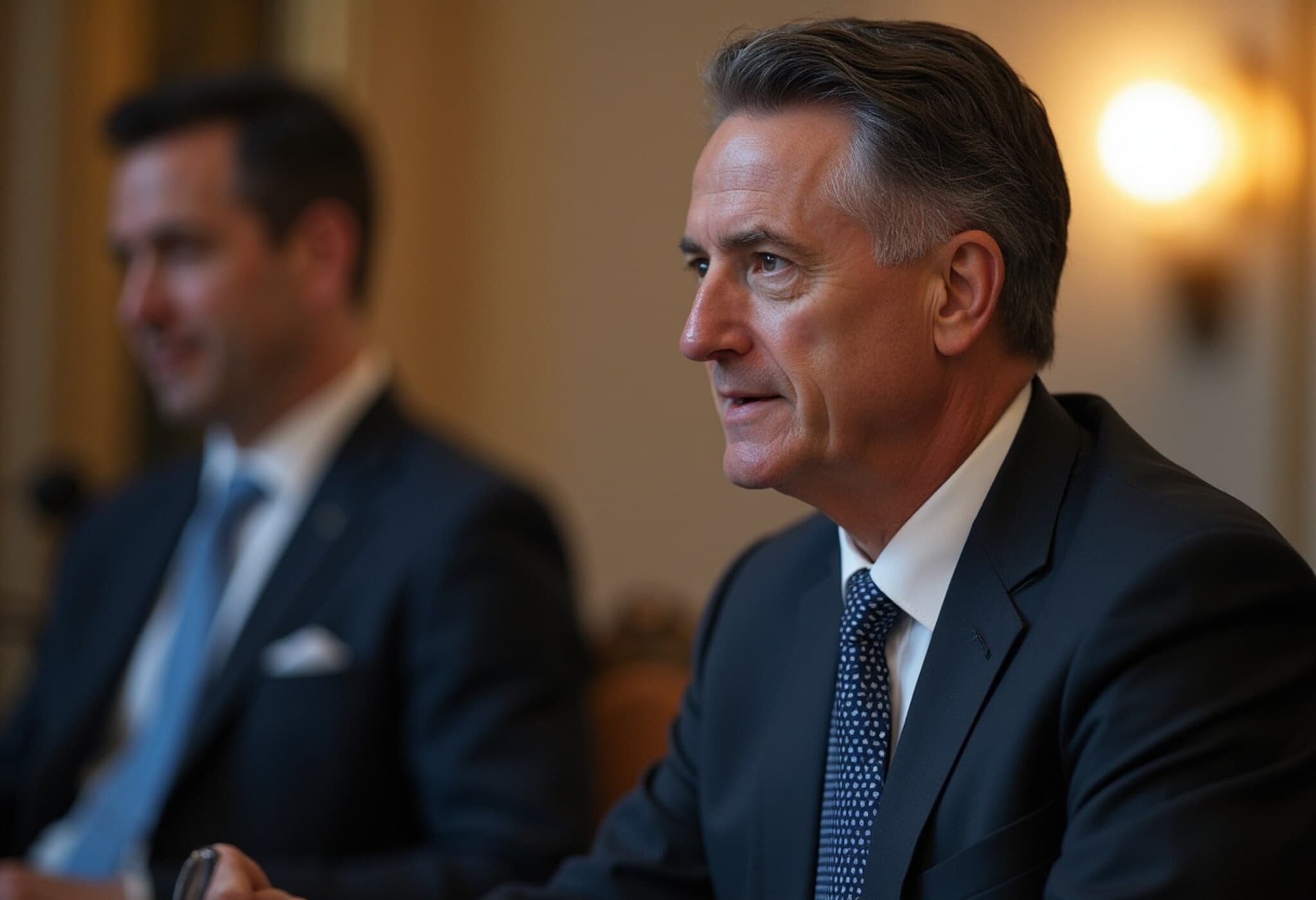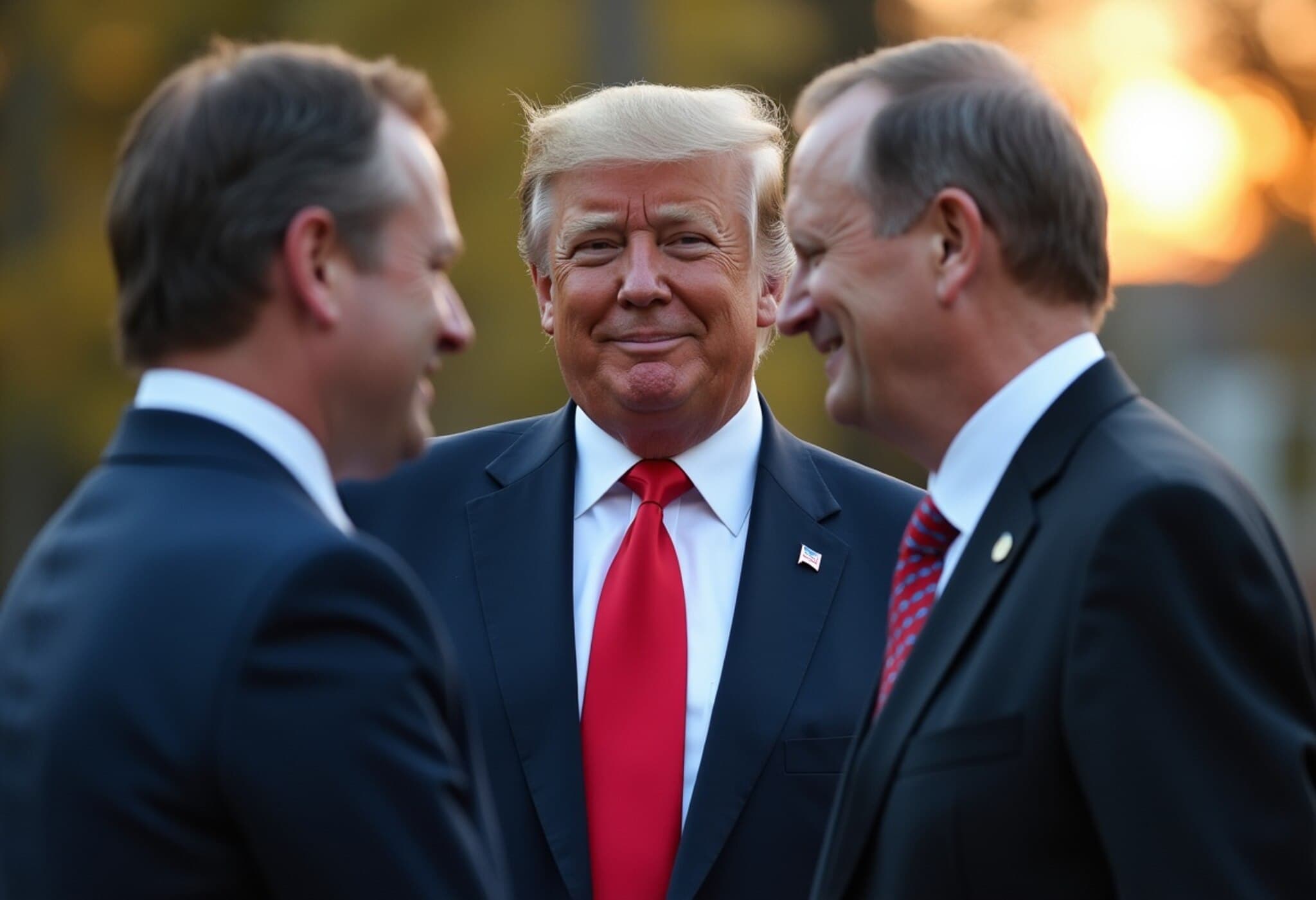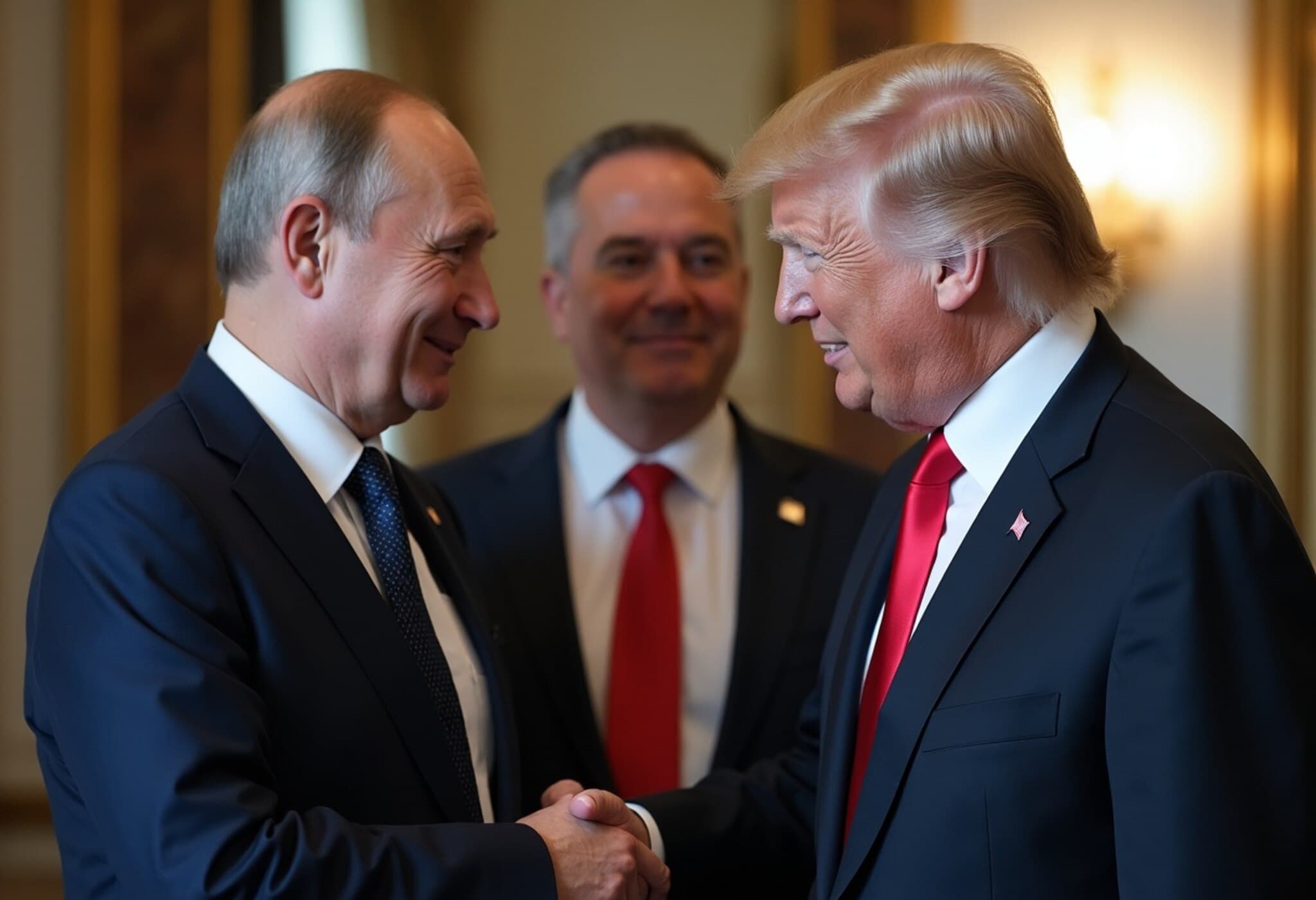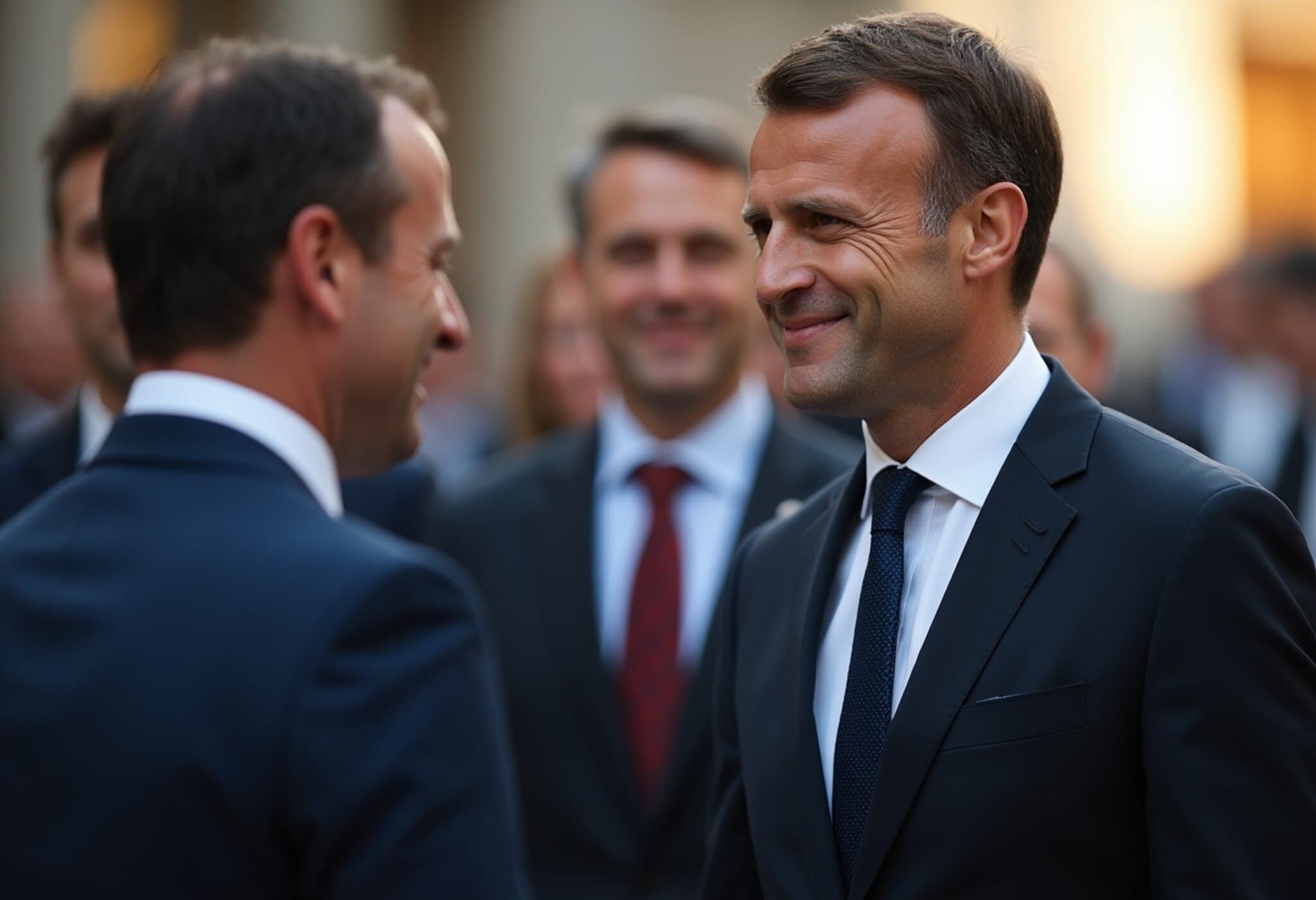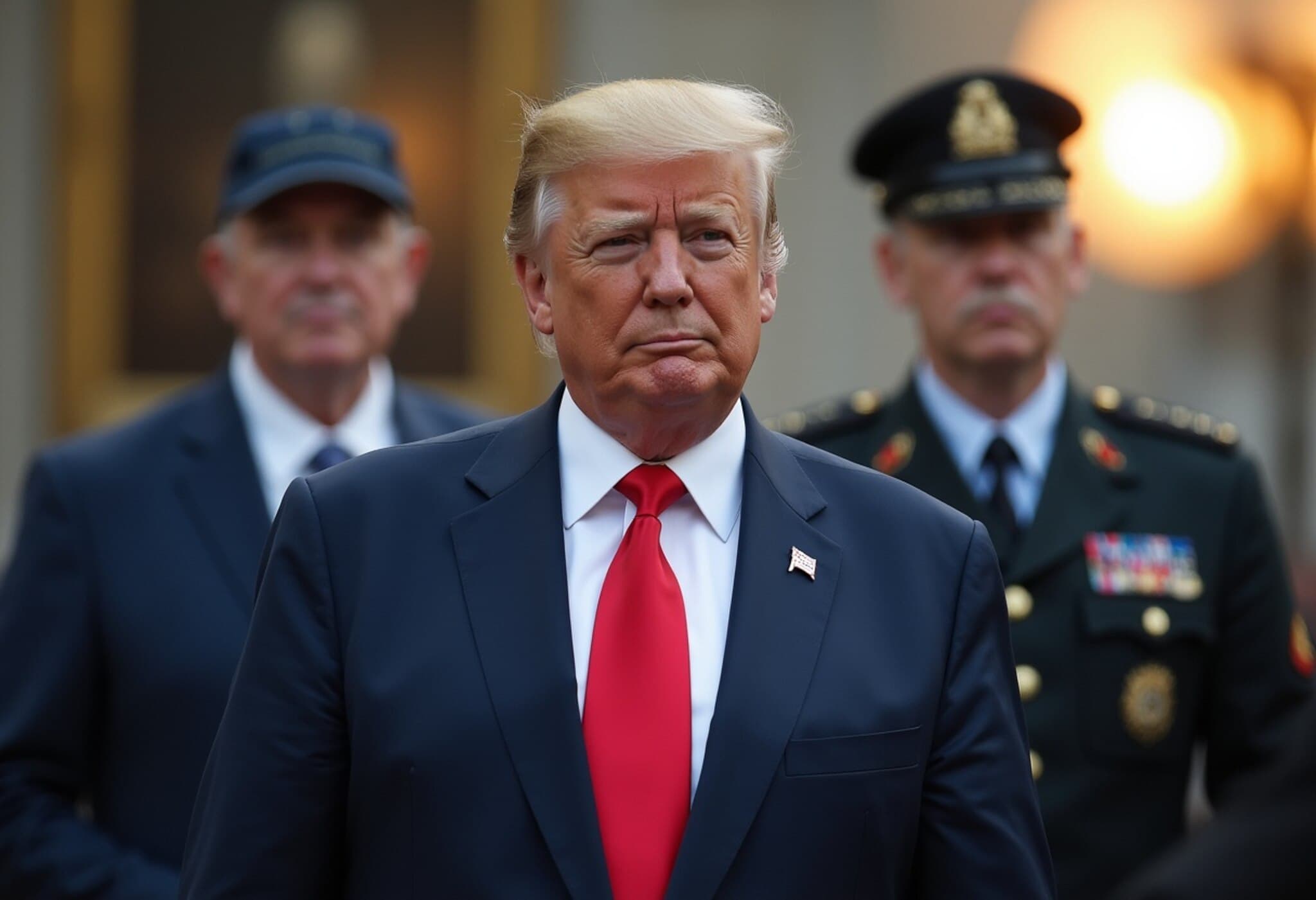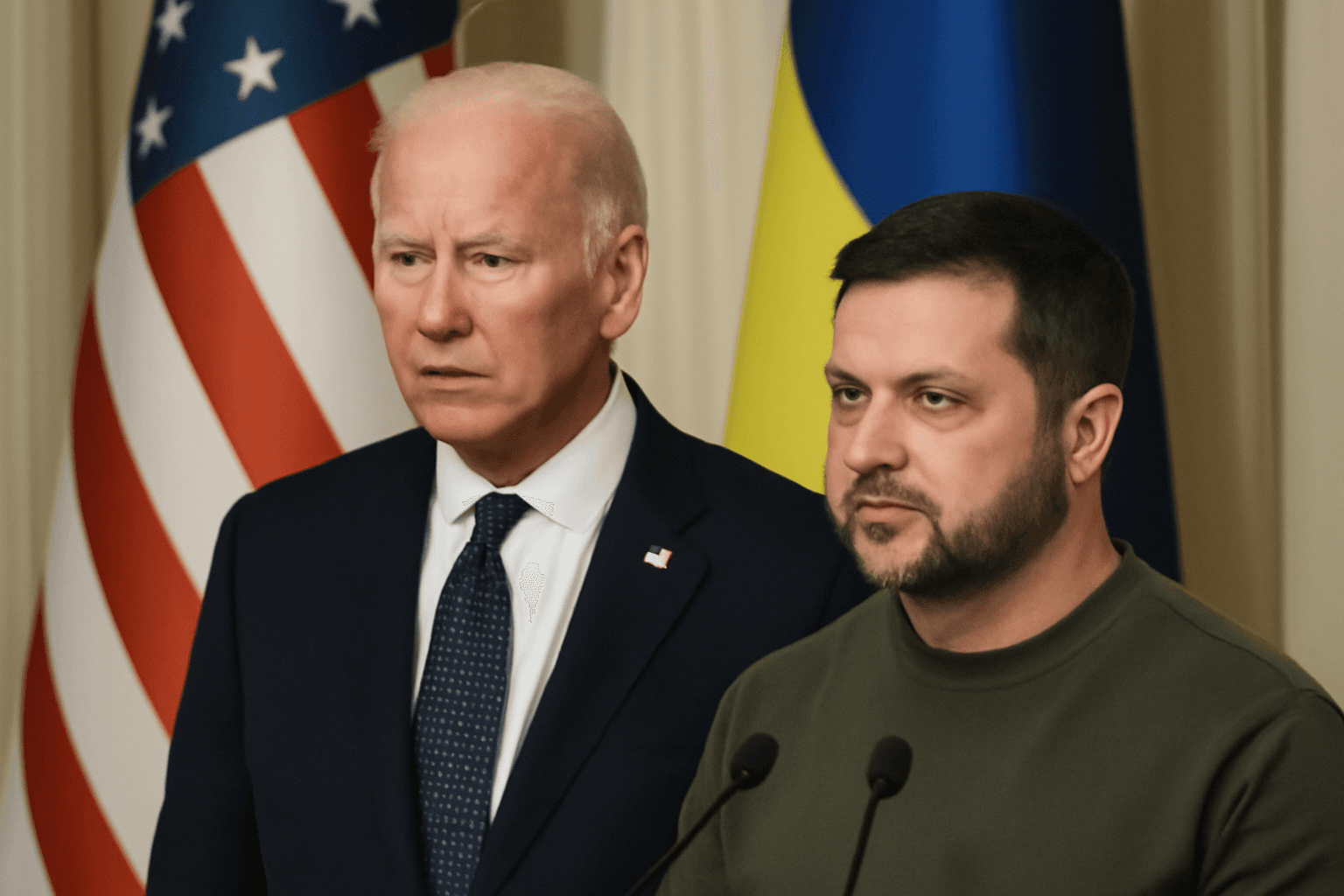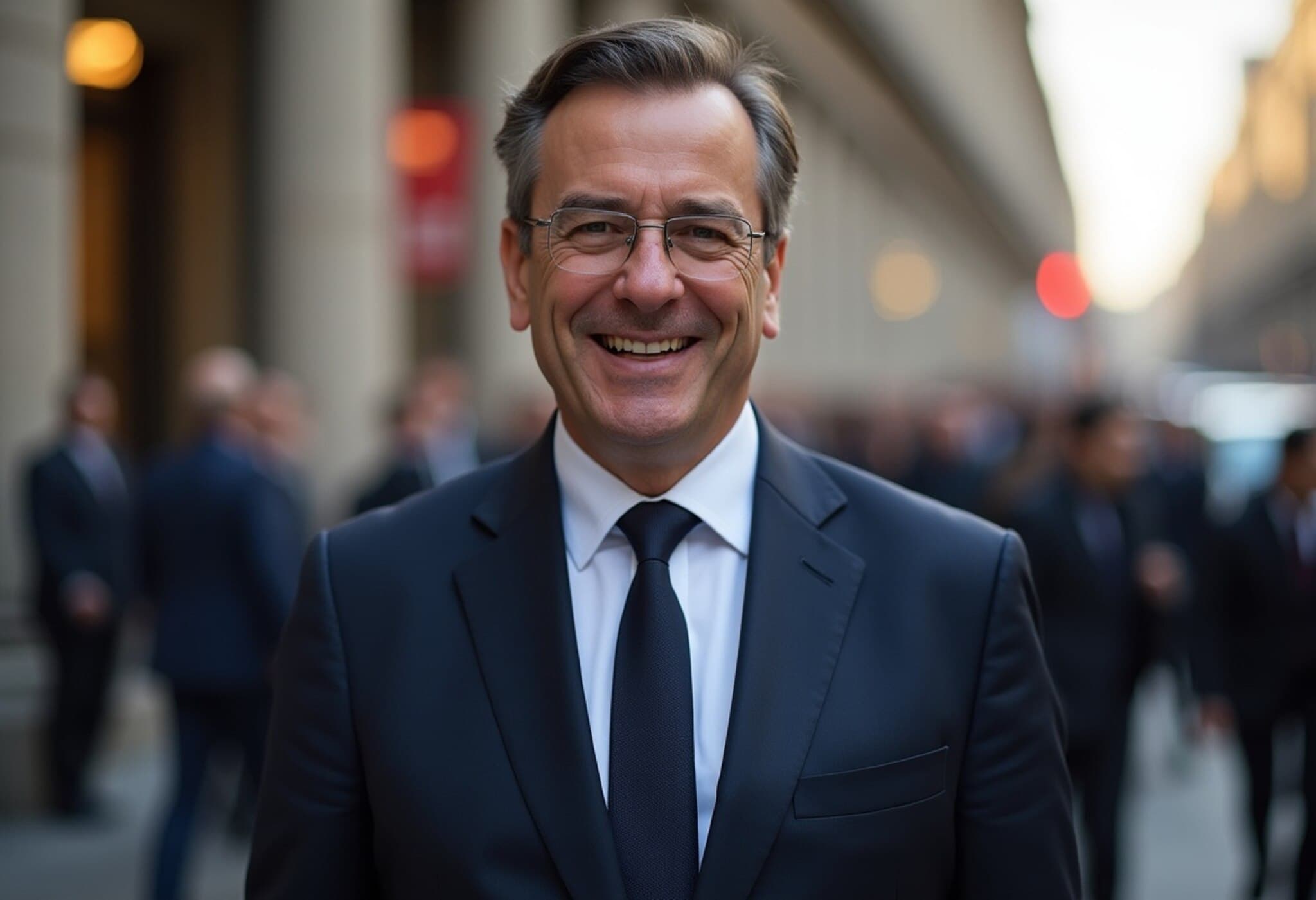Putin-Zelenskyy Negotiations Stall as US Secretary of State Rubio Consults European Allies
Efforts to ignite direct talks between Russian President Vladimir Putin and Ukrainian President Volodymyr Zelenskyy have encountered significant delays, with the intricacies surrounding Ukraine’s security guarantees emerging as a central barrier. While hopes had been buoyed earlier this summer following summits led by US President Donald Trump, momentum has since waned.
Rubio Leads Diplomatic Talks with Key European Partners
In the latest diplomatic push, US Secretary of State Marco Rubio held critical consultations on Monday with senior European officials, including UK Foreign Secretary David Lammy, Finnish Foreign Minister Elina Valtonen, and the EU’s foreign policy chief Kaja Kallas. Ukrainian Foreign Minister Andrii Sybiha also participated, underscoring Kyiv’s integral role in shaping any prospective settlement.
According to a statement from the US State Department, discussions centered around maintaining a unified Western approach to facilitating peace while evaluating the framework of potential security guarantees for Ukraine. The participants emphasized the necessity of sustained coordination in diplomatic efforts to end the hostilities swiftly and effectively.
Ukraine’s Demand for Comprehensive, Binding Security Assurances
Foreign Minister Sybiha reaffirmed Kyiv’s unwavering demand for legally binding security guarantees. Writing on social platform X (formerly Twitter), he framed these guarantees as multidimensional, encompassing military support, diplomatic backing, and enforceable legal commitments to deter future aggression.
Sybiha also stressed the essential role of a robust Ukrainian military as the foundation of national security, pledging continuous efforts to strengthen the armed forces. He publicly acknowledged Rubio’s leadership in steering these delicate conversations and commended President Trump’s earlier mediation efforts as pivotal to advancing peace dialogues.
US Strategy Amidst Complex Geopolitical Realities
The White House has placed Rubio at the forefront of formulating a credible security framework for Ukraine, following President Trump’s separate engagements with Putin, Zelenskyy, and European leaders throughout the year. Administration officials signal that Rubio’s role is crucial in bridging the gap between divergent Russian and Ukrainian expectations.
Despite these high-level initiatives, fissures remain profound. Moscow and Kyiv hold fundamentally conflicting views on the scope and enforceability of security arrangements, complicating direct negotiations. European unity remains indispensable to sustaining diplomatic and economic pressure on Russia, aiming to prevent any premature or fragile settlement.
For now, the timeline for formal Putin-Zelenskyy discussions is uncertain, with the US State Department underscoring ongoing dialogue rather than immediate breakthroughs.
Expert Insight: Navigating the Security Guarantee Dilemma
Security guarantees for Ukraine lie at the heart of the conflict’s resolution yet pose a diplomatic Gordian knot. From an American and European policy perspective, guarantees must reassure Kyiv without provoking Moscow into perceiving expanded NATO involvement as existential threat. The challenge is crafting a framework that balances deterrence with diplomatic finesse — a task complicated by deep mistrust on all sides.
Critically, this stalemate also highlights an underreported dilemma: how to ensure that security commitments are not only robust on paper but verifiable and enforceable in practice, especially in an era marked by hybrid warfare and proxy conflicts.
Implications for Regional Security and US Foreign Policy
- Security Dilemma: Crafting pledges that neither invite Russian escalation nor leave Ukraine vulnerable remains a fine diplomatic line.
- European Unity: Alignment among EU nations and NATO is pivotal, demonstrating cohesive resolve that can leverage economic sanctions and political pressure.
- US Leadership Role: Rubio’s prominent role signals Washington’s commitment but also the complexities the US faces in balancing allies’ interests with geopolitical realities.
Looking Ahead
As delays in direct talks persist, the evolving diplomatic landscape suggests that any breakthrough will require not only bilateral concessions but also multilateral frameworks integrating legal, military, and diplomatic dimensions comprehensively.
Observers must watch closely how these security guarantees materialize, as they will set a precedent for conflict resolution mechanisms in an increasingly unstable international order.

